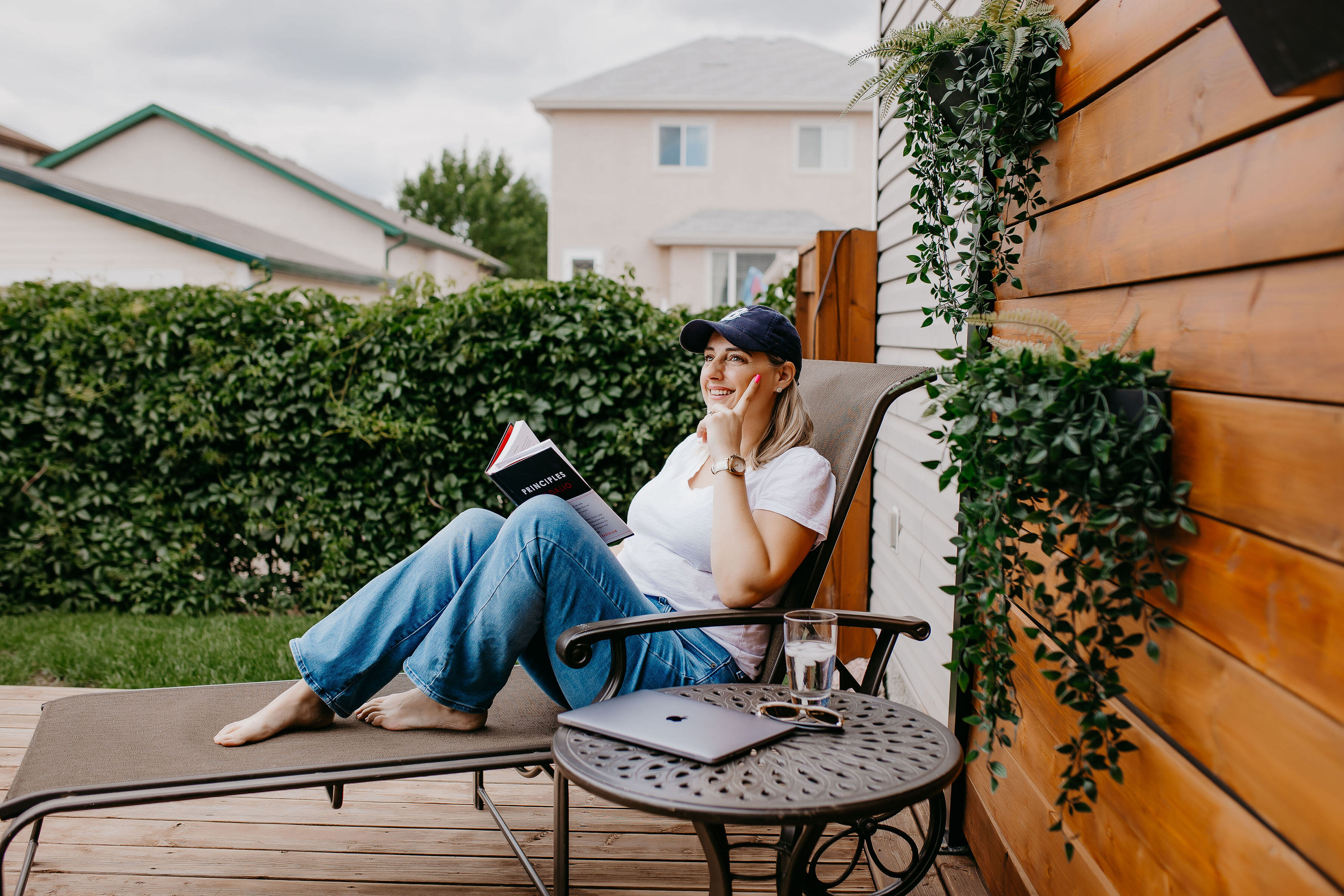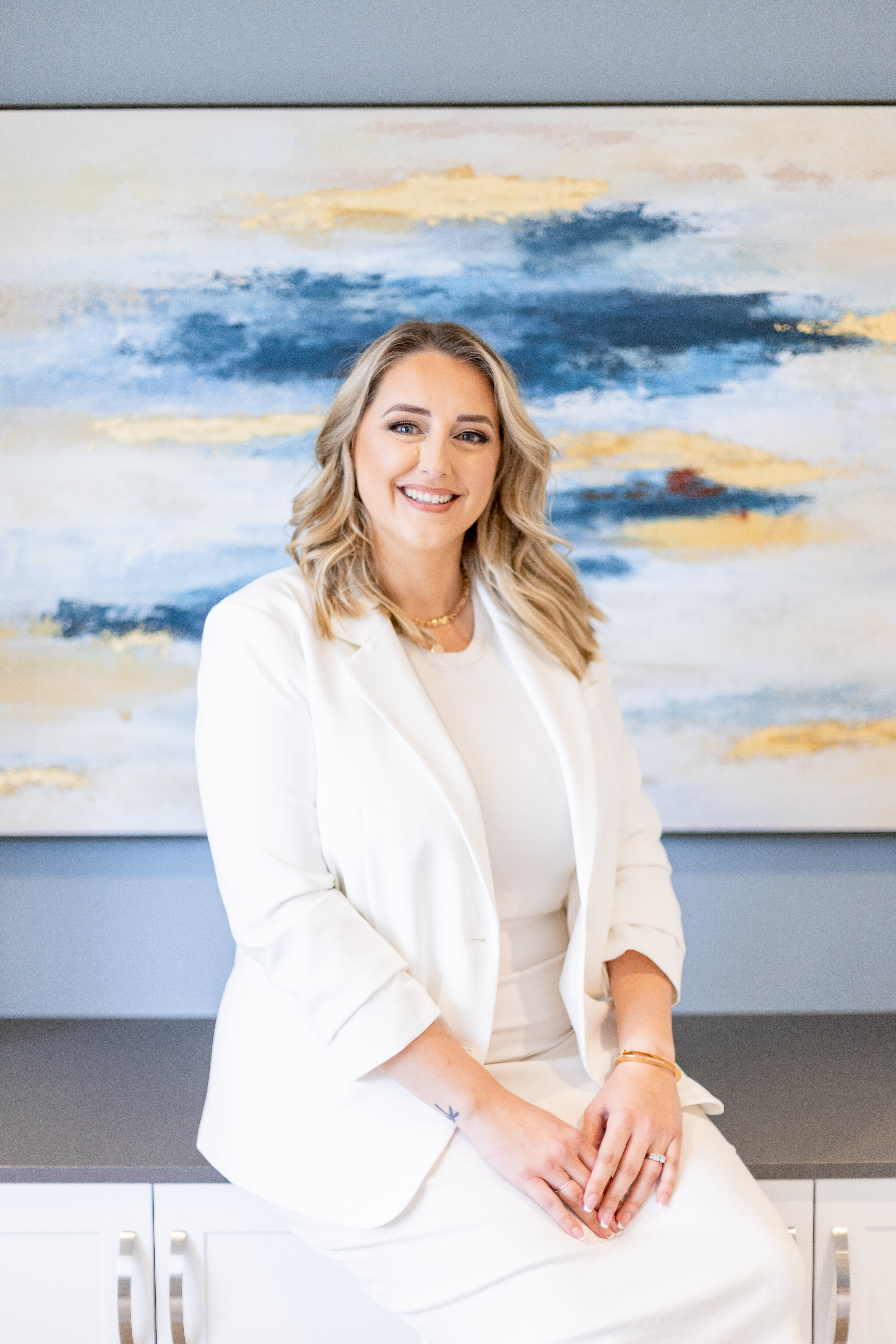Stumbling Through Imposter Syndrome: Finding Confidence in Myself
Aug 22 2024 • Written by: Kate Hanson

Explore effective strategies to conquer imposter syndrome and build unwavering self-confidence that empowers both personal and professional growth.
Embracing the Messy Journey of Growth
Imposter Syndrome—what a joy, right? It’s like this constant, nagging little voice in the back of my mind that loves to question everything. Am I really that skilled, or did I just get lucky? It doesn’t matter how much evidence I’ve got to prove I know what I’m doing; that voice is always there, making me feel like a bit of a fraud.
Lately, though, I’ve started to see things differently. I’m beginning to think that this “imposter syndrome” might actually be a sign that I need to keep practicing, building my experience, and pushing myself until that feeling of “not ready” finally goes away. So, here’s what I’ve been exploring on that front.
The Paralyzing Power of Self-Doubt
Imposter Syndrome can be downright paralyzing—or at least, it used to be for me. It’s not just about feeling a bit insecure now and then; it’s like this deep-rooted belief that I’m somehow fooling everyone around me, that I’m not nearly as competent as people seem to think. But maybe that’s just part of the journey—maybe feeling like an imposter is simply a reminder that I’m still in the process of learning and growing. The constant self-doubt can lead to missed opportunities—times when I’ve unconsciously held back because I wasn’t sure I could really deliver.
And then there’s the stress, the never-ending pressure to keep proving myself over and over again. But what if instead of seeing this as a flaw, I start viewing it as motivation to keep going, keep learning, and keep getting better? Maybe the feeling of being an “imposter” is really just a signal that I’m on the right track, but still have room to grow.
Breaking the Cycle of Self-Doubt
The thing about Imposter Syndrome is that it can trap you in this relentless cycle of self-doubt—if you let it. The more I question my abilities, the more I procrastinate and find excuses to avoid starting new challenges. And then, even when something goes right, I immediately begin to seek out another shortcoming—never allowing myself to appreciate my own skills.
But what if I turned this around? What if I started seeing every doubt, every hesitation, as a cue to practice more, to learn more, to grow more? Instead of viewing these feelings as barriers, I could use them as stepping stones to push my limits and take the kind of risks that could lead to real growth.
A Moment of Realization: The Path to Growth
I’ve had moments where I’ve agonized over writing an important email, rewriting it a dozen times because I’m sure I’ll come across as unprofessional or unclear. After finally hitting send, I’d spend some time second-guessing myself, convinced I’d made a mistake somewhere. But when the reply comes back, it’s positive, or sometimes they don’t even mention the things I worried about. And yet, instead of thinking, “Hey, I did a good job,” I’d tell myself it was just because the recipient was being nice or didn’t notice my supposed flaws.
But now, I’m starting to think maybe these moments are just part of the process. Maybe I’m not supposed to be perfect yet—maybe this is just another step in building my confidence, in getting comfortable with my own skills, and in learning that I can simplify my message and still get it right. Maybe I’m not reaching for a bar no one else has set; maybe I’m just building my own, one step at a time. And so, the cycle continues: stress, over-preparation, brief success, dismissal of that success, and back to square one. But now, I’m seeing that this cycle might just be my path to growth, and it’s holding me back only as long as I let it.
Shifting from Self-Doubt to Self-Empowerment
So, what’s my solution? I’m shifting my mindset—moving from self-doubt to self-empowerment by embracing the journey. Here’s what I’ve been trying:
Documenting Successes and Tracking Growth
First off, I’ve started keeping a journal where I document my successes, both big and small. But more than that, I’m using it to track my growth. I’m focusing on the skills and efforts that led to these accomplishments, and I’m recognizing that maybe feeling like an “imposter” just means I’ve still got more to learn—and that’s okay.
Challenging Negative Thoughts
I’ve also been challenging those negative thoughts whenever they pop up. I ask myself, “What is the opposite of this belief?” and “What belief might serve me better in this situation?” Most of the time, I realize that my fears are totally unfounded beliefs, based on irrational or unquestioned thinking. Now, instead of just dismissing them, I’m using them as motivation to keep learning, to keep practicing, and to keep growing.
Trusting My Own Intuition
Resisting the urge to seek constant feedback has been another step. Instead, I’m learning to listen to my own intuition, asking myself, “What if I truly trusted myself?” and “What if I always knew the best next step?” It’s not easy, especially when I’m used to relying on external validation, but it’s helping me build a deeper sense of confidence in my own abilities. This shift is a reminder that I’m still in the process of becoming—only now, I’m doing it on my own terms, guided by my inner wisdom.
Embracing Continuous Learning
Embracing continuous learning has been a big one too. I’m reminding myself that no one is perfect, and we’re all in a constant state of learning and growth. So, instead of seeing new challenges as tests of my competence, I’m starting to view them as opportunities to develop—and as proof that I’m on the right path.
Finding Strength in Community
And finally, I’ve been making an effort to connect with supportive communities. Surrounding myself with people who believe in me and can provide encouragement when I start to doubt myself has been invaluable. It’s reassuring to know I’m not alone in this struggle, and that we’re all just trying to get better, day by day.
Reclaiming Your Narrative: Redefining "Imposter"
Imposter Syndrome doesn’t have to define me—or you. Maybe it’s not even real, but just a sign that we’ve still got room to grow. By taking active steps to acknowledge our worth, challenge self-doubt, and build confidence, we can move forward with clarity and purpose. Confidence isn’t about never feeling fear; it’s about having the courage to make decisions—and maybe it’s about embracing the fact that we’re all still learning, and that’s okay.
The Role of Mindset Transformation in the RaisCo Coaching Program
In the RaisCo Coaching Program, we emphasize the importance of mindset transformation. Working closely with me, you can learn to identify and dismantle the mental barriers holding you back—and maybe even see them as opportunities to grow. This journey is about reclaiming our narratives, understanding our true value, and stepping into our full potential with confidence and grace.
Along the way, we might start to see that feeling like an “imposter” isn’t a sign that we don’t belong, but rather that we’re still “in training”—like an actor practicing to embody a new role or character. It’s just one more step in the process of becoming who we’re truly meant to be.
Life is about growth, transformation, and embracing every experience along the way. Don’t settle for anything less than what you truly desire. I’m stumbling forward right beside you, learning, growing, and getting a little better each day. And you can too.
xo Kate

Ready to Transform your Business with Little Effort Using Vertical?
Kate Hanson
Kate is a seasoned coach and founder of KHC as well as RaisCo Coaching, dedicated to helping individuals and businesses achieve their highest potential. With years of experience in life, business, confidence, wellness, and success coaching, Kate has guided countless clients toward their goals through personalized strategies and actionable insights.
